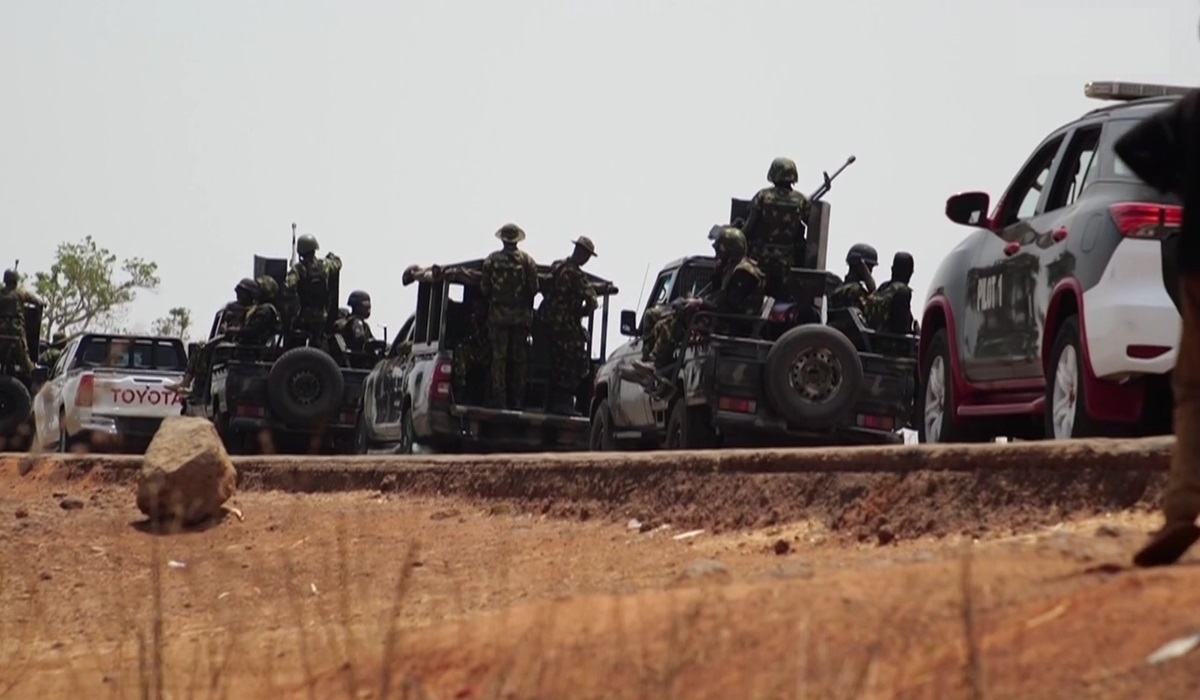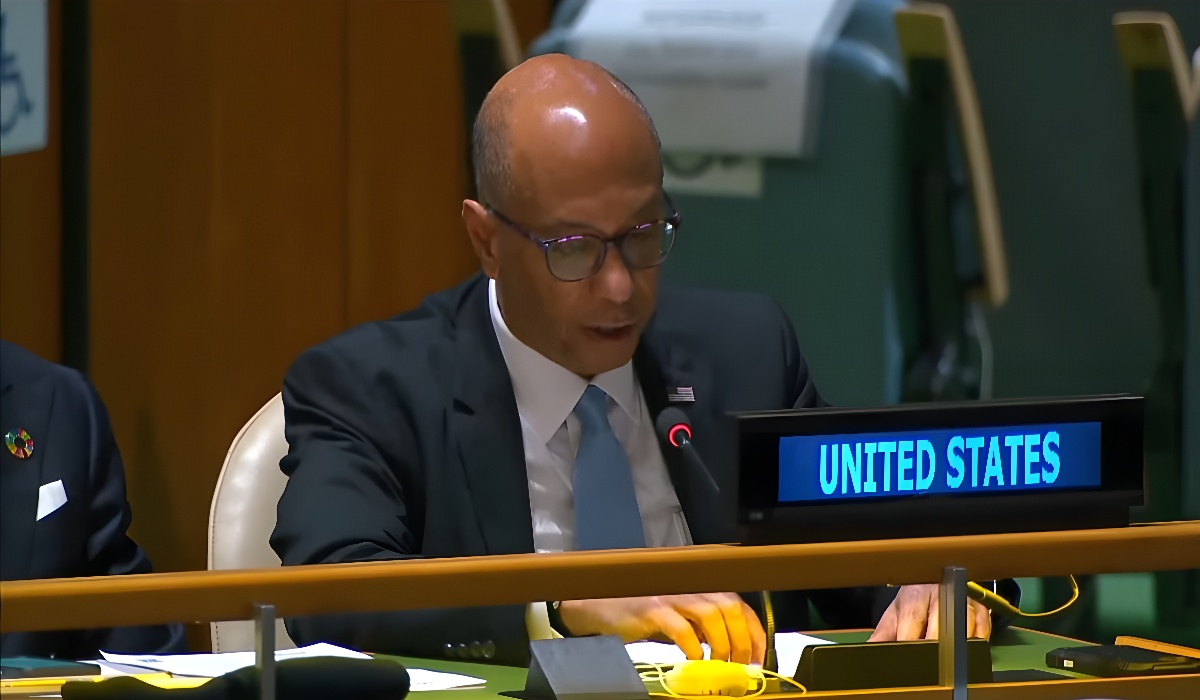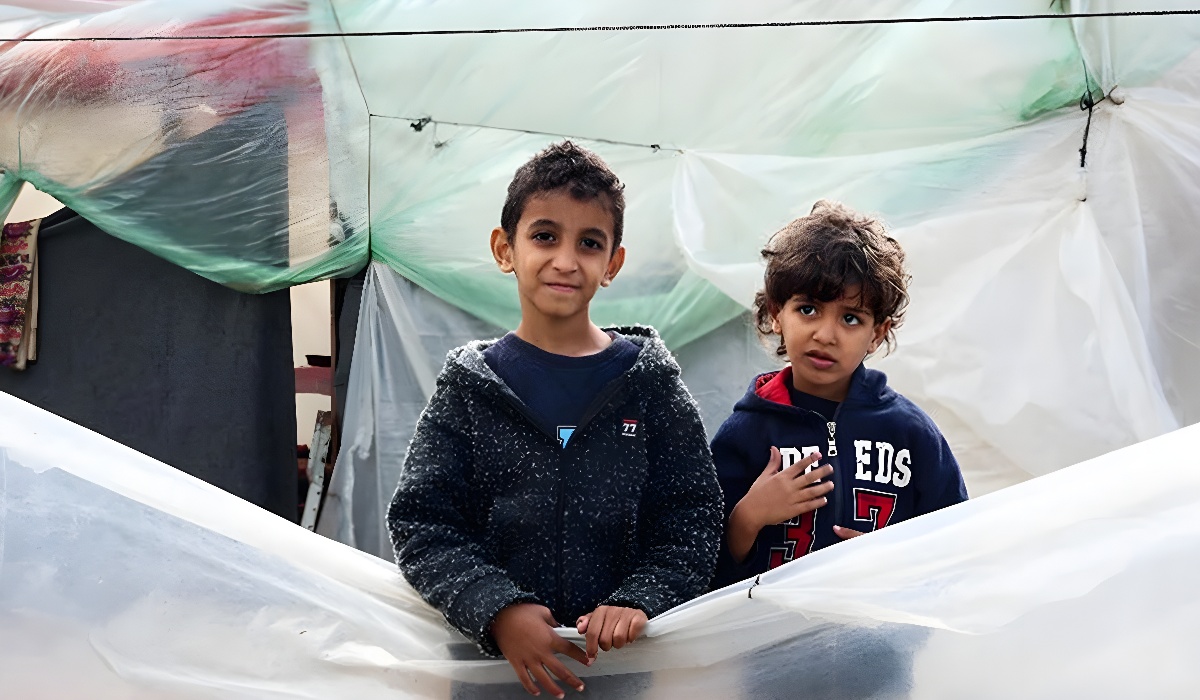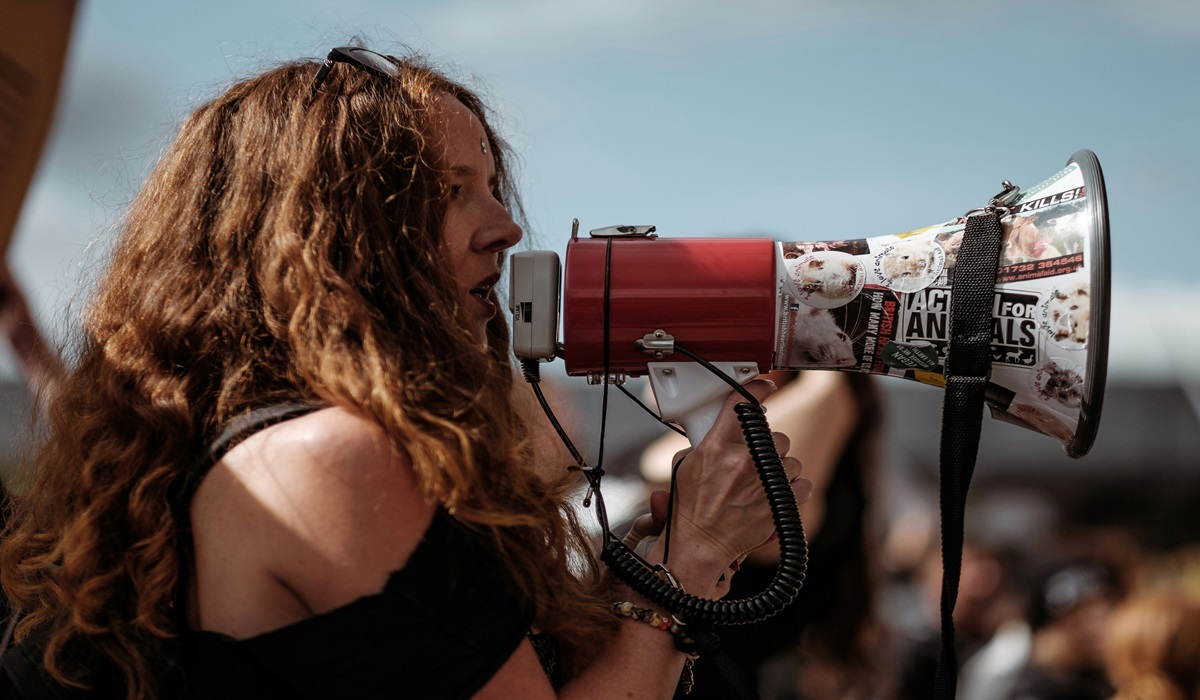Shamattawa First Nation, Declares A State Of Emergency
- TDS News
- Breaking News
- Indigenous
- March 13, 2023
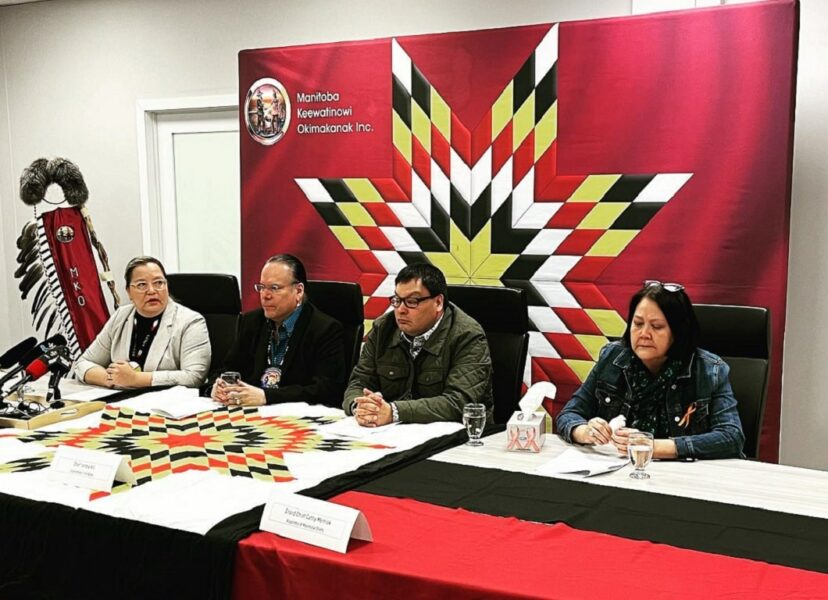
Shamattawa First Nation, a remote community in northern Manitoba, has been in crisis for weeks. On Monday, Chief Jordan Hill declared a state of emergency, citing overcrowded housing and the resulting family pressure and addiction as the main cause of the community’s problems. He warned that the situation could worsen without immediate action from both the provincial and federal governments.
The situation in Shamattawa has been dire for some time, with residents facing a lack of basic amenities like access to mental health counselling and adequate housing. The overcrowded housing has resulted in high levels of family pressure, fuelling addiction and mental health problems. In recent weeks, multiple suicides and fires have rocked the community, leading to calls for urgent action.
The Assembly of Manitoba Chiefs Grand Chief Cathy Merrick has asked the government for more mental health resources to support the community. She has expressed her frustration with the lack of action from the government, asking, “What will it take for the government to provide the adequate support systems to this First Nation?”
The situation in Shamattawa is not unique. Indigenous communities across Canada have long faced a range of social, economic, and health challenges, including poverty, poor housing, and inadequate access to healthcare. These challenges have been exacerbated by the COVID-19 pandemic, which has hit Indigenous communities particularly hard.
The federal government has committed to closing the gaps in health, education, and economic opportunities between Indigenous and non-Indigenous Canadians. However, progress has been slow, and many Indigenous communities continue to face significant challenges.
In the case of Shamattawa, urgent action is needed to address the immediate crisis in the community. This includes providing adequate mental health resources and safe and adequate housing. Longer-term solutions are also needed to address the underlying issues that have led to this crisis, including the need for greater economic opportunities and improved access to education and healthcare.
The provincial and federal governments must act quickly to address the crisis in Shamattawa and other Indigenous communities across Canada. This is not just a moral imperative but a legal one. The Canadian government has a legal obligation to provide adequate support to Indigenous communities under the Constitution and international law. Failure to act now could have further devastating consequences for Canada’s community and Indigenous communities.




